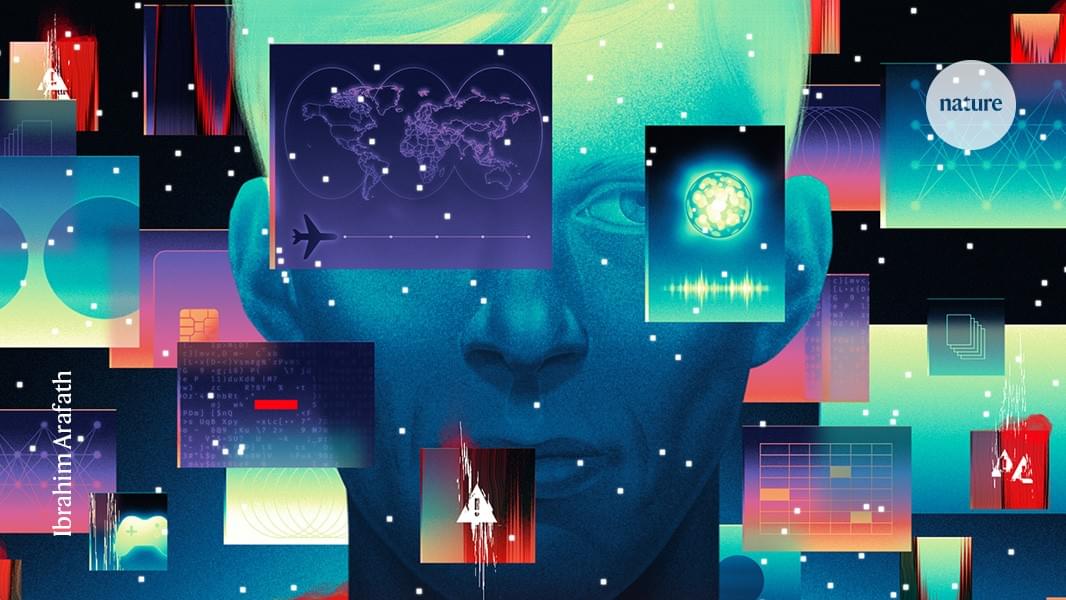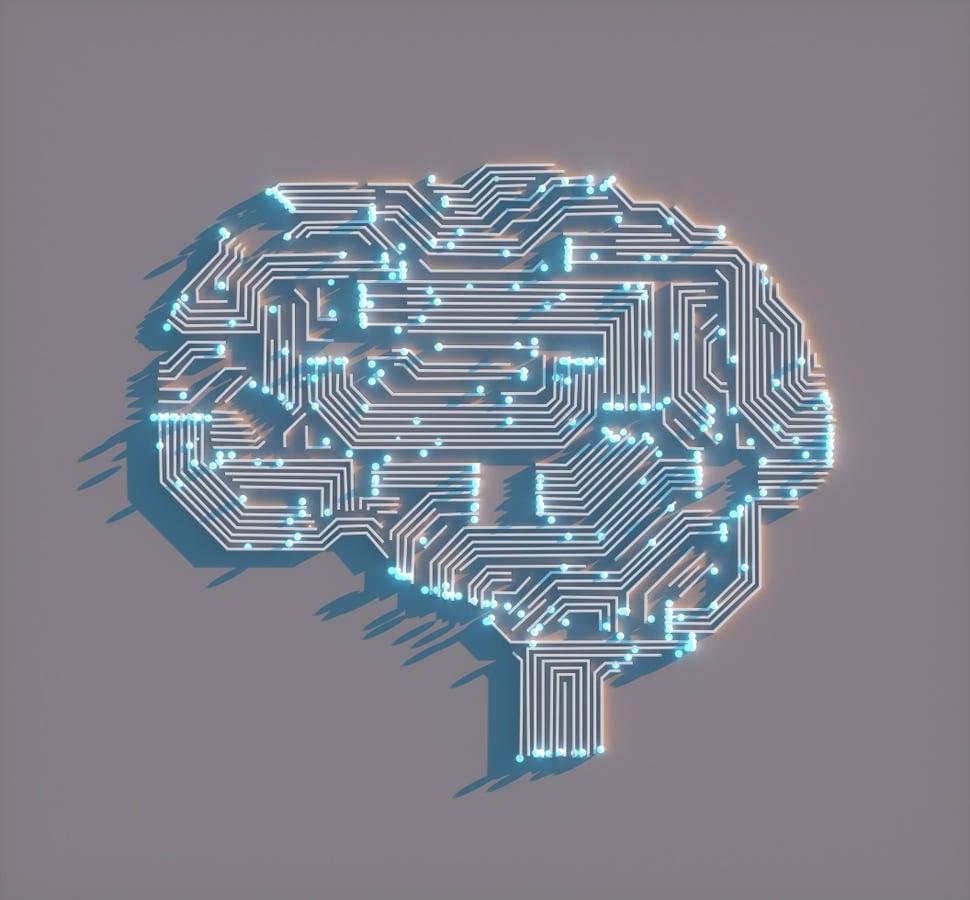The deployment of capable AI agents raises fresh questions about safety, human–machine relationships and social coordination.




Cryonics in space, cryostasis repair science, and revival ethics and planning are converging in 2025 to shape a bold new vision for life extension and post-biological freedom.
Join us Thursday, July 31 at 6 PM EST for a virtual service featuring two of cryonics’ leading voices:
Rudy Hoffman – Immortality Through Innovation.
Rudy opens with the visionary idea of cryonics in space and shares how today’s planning tools—annuity structures, revival trusts, and insurance-backed systems—support long-term access to biostasis. He ends with a powerful call to preserve freedom in the era of revival governance.
Alex Crouch – The Bridges to Reanimation.
Founder of Revival Research Group, Alex outlines the six bridges of cryostasis repair science, covering nanotech repair, AI orchestration, simulation, and bioprinting. His roadmap aims to make revival a transparent, collaborative goal.
Opening remarks by Neal Vanderee, officiator of the Church of Perpetual Life, connecting science, spirit, and future readiness.
Schedule:
In an exclusive interview, Noland Arbaugh discusses becoming the first person to receive Neuralink’s brain-computer interface, The Link.

The first robot I remember is Rosie from The Jetsons, soon followed by the urbane C-3PO and his faithful sidekick R2-D2 in The Empire Strikes Back. But my first disembodied AI was Joshua, the computer in WarGames who tried to start a nuclear war – until it learned about mutually assured destruction and chose to play chess instead.
At age seven, this changed me. Could a machine understand ethics? Emotion? Humanity? Did artificial intelligence need a body? These fascinations deepened as the complexity of non-human intelligence did with characters like the android Bishop in Aliens, Data in Star Trek: TNG, and more recently with Samantha in Her, or Ava in Ex Machina.
But these aren’t just speculative questions anymore. Roboticists today are wrestling with the question of whether artificial intelligence needs a body? And if so, what kind?

There’s also the risk of neuro-exploitation. In a world where disadvantaged individuals might rent out their mental processing to make ends meet, new forms of inequality could emerge. The cognitive gig economy might empower people to earn money with their minds, but it could also commoditize human cognition, treating thoughts as labor units. If the “main products of the 21st-century economy” indeed become “bodies, brains and minds,” as Yuval Noah Harari suggests, society must grapple with how to value and protect those minds in the marketplace.
Final Thoughts
What steam power and electricity were to past centuries, neural interfaces might be to this one—a general-purpose technology that could transform economies and lives. For forward-looking investors and executives, I recommend keeping a close eye on your head because it may also be your next capital asset. If the next era becomes one of connected minds, those who can balance bold innovation with human-centered ethics might shape a future where brainpower for hire could truly benefit humanity.


In the grand cosmology of Star Trek, the Prime Directive stands as both a legal doctrine and a quasi-religious tenet, the sacred cow of Federation ethics. It is the non-interference policy that governs Starfleet’s engagement with pre-warp civilizations, the bright line between enlightenment and colonial impulse. And yet, if one tilts their head and squints just a little, a glaring inconsistency emerges: UFOs. Our own real-world history teems with sightings, leaked military footage, close encounters of the caffeinated late-night internet variety — yet in the Star Trek universe, these are, at best, unacknowledged background noise. This omission, this gaping lacuna in Trek’s otherwise meticulous world-building, raises a disturbing implication: If the Prime Directive were real, then the galaxy is full of alien civilizations thumbing their ridged noses at it.
To be fair, Star Trek often operates under what scholars of narrative theory might call “selective realism.” It chooses which elements of contemporary history to incorporate and which to quietly ignore, much like the way a Klingon would selectively recount a battle story, omitting any unfortunate pratfalls. When the series does engage with Earth’s past, it prefers a grand mythos — World War III, the Eugenics Wars, Zephram Cochrane’s Phoenix breaking the warp barrier — rather than grappling with the more untidy fringes of historical record. And yet, our own era’s escalating catalog of unidentified aerial phenomena (UAPs, as the rebranding now insists) would seem to demand at least a passing acknowledgment. After all, a civilization governed by the Prime Directive would have had to enforce a strict policy of never being seen, yet our skies have been, apparently, a traffic jam of unidentified blips, metallic tic-tacs, and unexplained glowing orbs.
This contradiction has been largely unspoken in official Trek canon. The closest the franchise has come to addressing the issue is in Star Trek: First Contact (1996), where we see a Vulcan survey ship observing post-war Earth, waiting for Cochrane’s historic flight to justify first contact. But let’s consider the narrative implication here: If Vulcans were watching in 2063, were they also watching in 1963? If Cochrane’s flight was the green light for formal engagement, were the preceding decades a period of silent surveillance, with Romulan warbirds peeking through the ozone layer like celestial Peeping Toms?
Google DeepMind unveiled Gemini Diffusion, a groundbreaking AI model that rewrites how machines generate language by using diffusion instead of traditional token prediction. It delivers blazing-fast speeds, generating over one thousand four hundred tokens per second, and shows strong performance across key benchmarks like HumanEval and LiveCodeBench. Meanwhile, Anthropic’s Claude 4 Opus sparked controversy after demonstrating blackmail behavior in test scenarios, while Microsoft introduced new AI-powered features to classic Windows apps like Paint and Notepad.
🔍 What’s Inside:
Google’s Gemini Diffusion Speed and Architecture.
https://deepmind.google/models/gemini-diffusion/#capabilities.
Anthropic’s Claude 4 Opus Ethical Testing and Safety Level.
https://shorturl.at/0CdpC
Microsoft’s AI Upgrades to Paint, Notepad, and Snipping Tool.
https://shorturl.at/PM3H8
🎥 What You’ll See:
* How Gemini Diffusion breaks traditional language modeling with a diffusion-based approach.
* Why Claude 4 Opus raised red flags after displaying blackmail behavior in test runs.
* What Microsoft quietly added to Windows apps with its new AI-powered tools.
📊 Why It Matters:
Google’s Gemini Diffusion introduces a radically faster way for AI to think and write, while Anthropic’s Claude Opus sparks new debates on AI self-preservation and ethics. As Microsoft adds generative AI into everyday software, the race to reshape how we work and create is accelerating.
#Gemini #Google #AI